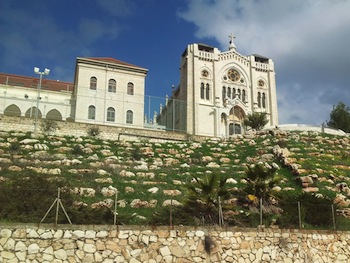We are developing the social individualist meta-context for the future. From the very serious to the extremely frivolous... lets see what is on the mind of the Samizdata people.
Samizdata, derived from Samizdat /n. - a system of clandestine publication of banned literature in the USSR [Russ.,= self-publishing house]
|
“The Vickys have an elaborate code of morals and conduct. It grew out of the moral squalor of an earlier generation, just as the original Victorians were preceded by the Georgians and the Regency. The old guard believe in that code because they came to it the hard way. They raise their children to believe in that code – but their children believe it for entirely different reasons.”
“They believe it,” the Constable said, “because they have been indoctrinated to believe it.”
“Yes. Some of them never challenge it – they grow up to be smallminded people, who can tell you what they believe but not why they believe it. Others become disillusioned by the hypocrisy of the society and rebel – as did Elizabeth Finkle-McGraw.”
“Which path do you intend to take, Nell?” said the Constable, sounding very interested. “Conformity or rebellion?”
“Neither one. Both ways are simple-minded – they are only for people who cannot cope with contradiction and ambiguity.”
– Neal Stephenson. The Diamond Age (his best book, in my opinion).
While driving up Israeli Highway 90 along the west bank of the river Jordan from the Dead Sea to Galilee last Friday, I passed the turnoff to the actual site on the river Jordan where St John the Baptist baptised Christ. I really couldn’t miss the place where the Holy Spirit descended on Christ in the form of a dove and God said he was pleased with his son, so I turned down the road, and drove towards the Jordan.
Half way to the river, I found this
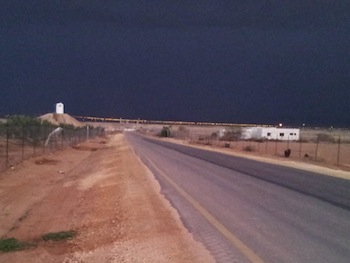
The Israeli army had erected a barrier preventing anyone from continuing down the road to the river, with barbed wired etc, and a sign saying “Military Area. No Photography” or some such. (The area was closed to visitors from the 1967 war until 2010, but it was supposed to have been open since then). There was nobody there, but as being arrested by the Israeli military in the middle of the West Bank is not my preferred activity on a Friday evening – they are probably particularly annoyed when you ruin their Shabbat – I really didn’t want to take any risks. Thus I drove drove some distance back down the road before turning around to take photographs, and then only used the camera in my phone, which makes it less obvious what I am doing than holding up my digital SLR. I don’t know the reason for the closure: possibly just that the River Jordan is in some sense the border (although in this part of the world, who the fuck knows where the border is?) and they don’t want people too close to it.
In any even, in truth I didn’t want to stay too close to it for too long either. The Israeli built and controlled highways are safe enough. Highway 90 is by far the shortest route from south-east Israel to north-east Israel – which was why I was driving on it – but it was clearly built principally for security purposes. In the event of another war, the Israeli army can undoubtedly be mobilised along it very rapidly. However, being off the highway with a car carrying Israeli plates is probably best avoided.
The above picture is of the Church of Jesus Christ the Adolescent, which is found on the top of a hill in Nazareth in Israel. It presumably gets its name from the fact that Jesus Christ did apparently spend his teenage years in Nazareth. I post the picture merely because everyone I have shown the picture to so far has laughed at the name.
Thinking about it more, though, asking people to complete the phrase “The Church of Jesus Christ the…” with the most entertaining ending is possibly almost as much fun as “For all its faults,…”.
(Yes, I think Evelyn Waugh played with this exact idea in The Loved One. It is still fun, however).
I am going to be in Israel from the 20th to the 28th of January. The plan is to be in Tel Aviv for two or three days from the 20th, then hopefully Jerusalem, Haifa, Nazareth, perhaps a little wine tourism in the Golan Heights, and Beersheba if I have time, which I may not. This will be my first trip and as always, there can be more visits. One of the purposes of a first trip to anywhere is to find out about the interesting things to do and see on subsequent visits.
The aim, as is the case with most of my travel, is to go, look round, and try to get some sense of the place. In Israel, the cultural and architectural magnificence of the place makes this particularly daunting. I am coming with the sense that Israel is one of the most egregiously missing places from my travels, but also with a certain amount of cultural baggage. I attended Anglican Sunday school as a child, of course, but was taught my biblical history in the sense that it felt that these were mythical places. That they were actually real took a more adult understanding.
Plus of course, there is the modern economy: every government in the world has seemingly released press releases stating how “We must create the Silicon Valley of (wherever)” (seemingly failing to understand that by government direction is not how you do it), but Israel seems to be virtually the only country in the world with a startup and tech economy scene that is actually worthy of such a description. My admiration for this is enormous, but my detailed knowledge of it is less than I would like it to be. If anyone wants to tell me more about this / show me how this has happened, I would be delighted to let them tell me and/or show me.
Several of my Jewish and Israeli friends have already offered me advice on what to see and do, of course, but further advice would be welcome, particularly from readers of this blog who may have some sense of my quirky sensibilities. Comments on this post are welcome, as is e-mail to michael.jennings at gmail.com. I promise to write about interesting things that I find on this blog.
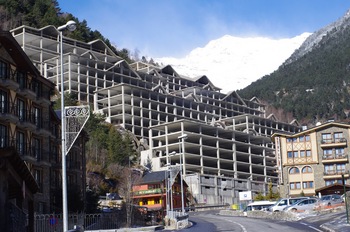
Arinsal, Andorra. January 2011.
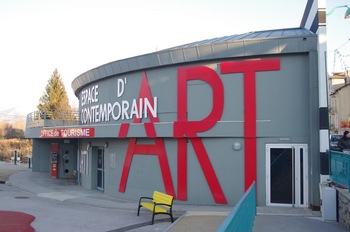
Bourg Madame, France. January 2011.
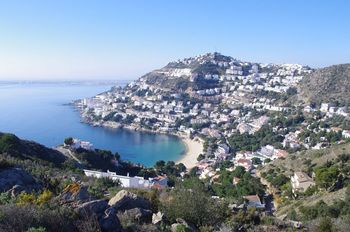
Roses, Spain. January 2011.
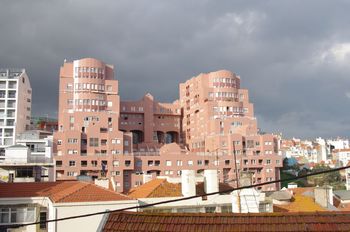
Lisbon, Portugal. February 2011.
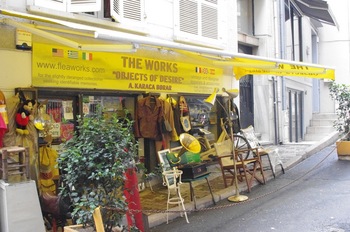
Istanbul, Turkey. March 2011.

Slunj, Croatia. April 2011.

Bihać, Bosnia and Herzegovina. April 2011.
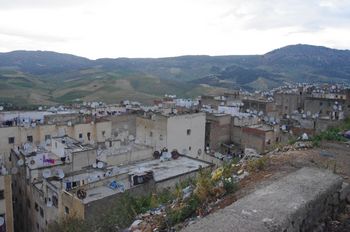
Fez. Morocco. May 2011.
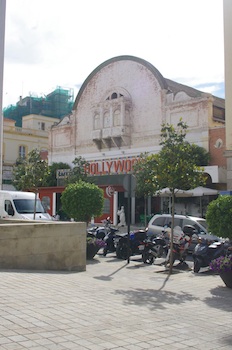
Ceuta. May 2011.
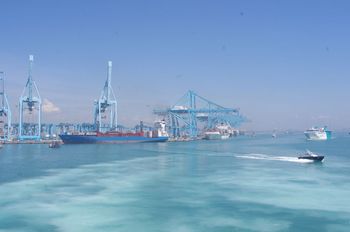
Algeciras, Spain. May 2011.
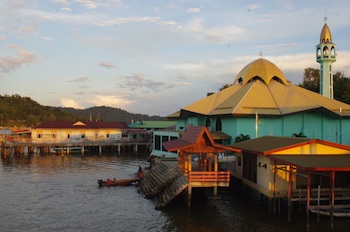
Banwar Seri Begawan, Brunei Darussalam, May 2011.

Coolangatta, Australia. May 2011.
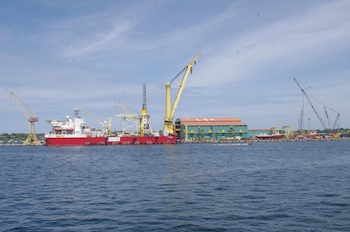
Labuan, Malaysia. May 2011.

Sepilok, Sabah. June 2011.
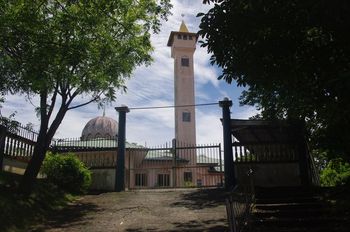
Lawas, Sarawak. June 2011.
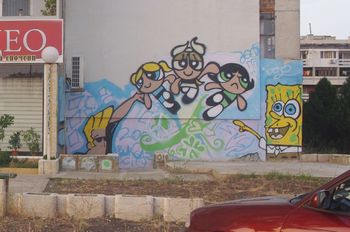
Meden Rudnik, Bulgaria. August 2011.
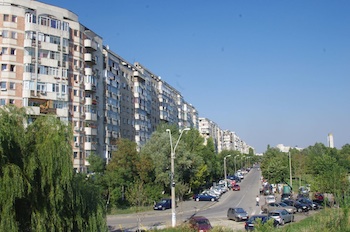
Bucharest, Romania. August 2011.
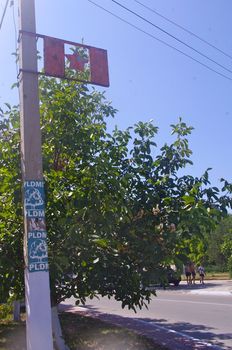
Comrat, Gagauzia. August 2011.
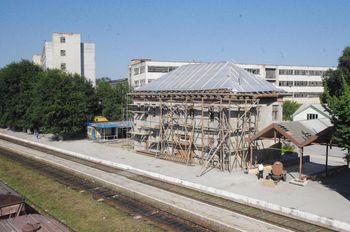
Balti, Moldova. August 2011.
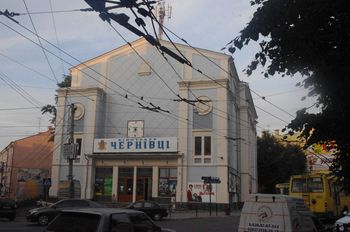
Chernivtsi, Ukraine. August 2011.
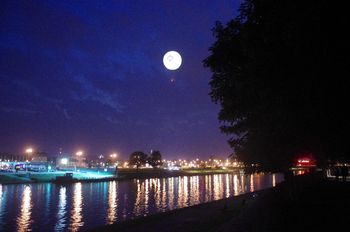
Kraków, Poland. September 2011.
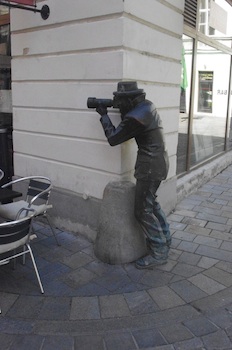
Bratislava, Slovakia. September 2011.
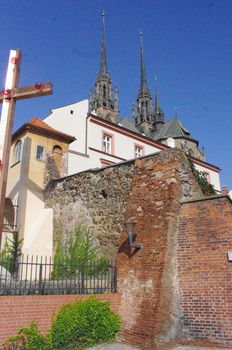
Brno, Czech Republic. September 2011.
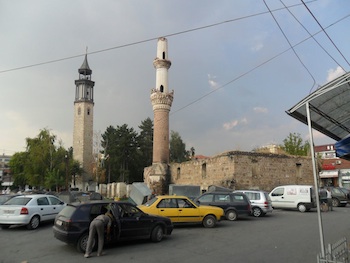
Prilep, Macedonia. September 2011.
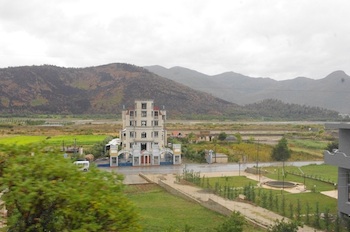
Elbasan County, Albania. September 2011.
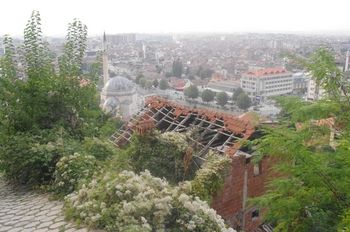
Prizren, Kosovo. September 2011.
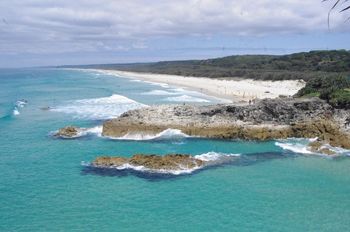
North Stradbroke Island, Australia. October 2011.
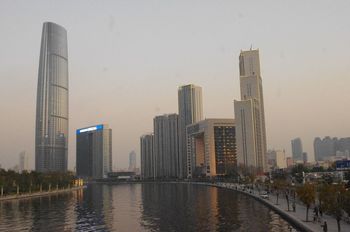
Tianjin, China. November 2011.
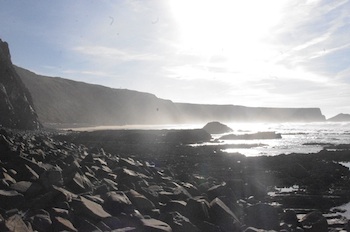
Vale de Telha, Portugal. December 2011.
I let Guy Herbert buy me a drink. Nobody should ever let Guy Herbert buy them a drink. I should always buy him a drink.
– Rob Fisher, to me, a year or so back, shortly after the plans for the ID card were abandoned. The fight continues, but battles have at times been won.
Also: Merry Christmas, everyone.
A few minutes back I was glancing through Chinese trade statistics, in an attempt to put together the hopefully reasonably detailed post on what is going on in China that Brian has been nagging me to write.
With respect to Europe, the stat that pops out is that Germany runs a significant trade surplus with China, but that the eurozone as a whole and even more the EU as a whole runs a large deficit. Trade patterns with China are responsible for part of the immense stresses that now exist on the €uro. The German surplus puts upward pressure on the currency at the same time that the southern deficits put strong downwards pressure on it.
One thing that comes up is the “Hong Kong Problem” in the statistics. Many containers of Chinese exports from the factories of Shenzhen and Dongguan are carried over the border into Hong Kong, and are then shipped from the port of Hong Kong. Others are carried to the port of Shenzhen and then exported from China directly. Which port is chosen determines whether the export shows up in China’s trade surplus with America or whether it shows up in Hong Kong’s trade surplus with America. It is not difficult to simply consolidate the numbers, but this is not always done, and figures are sometimes misleading because of this. The two ports of Hong Kong and Shenzhen are only a few miles away from each other, and are at present third and fourth in the list of busiest container ports in the world, but would be the busiest by far if counted together. I had seen the port of Hong Kong many times prior to my last visit to the area in 2008, but I was curious about the port of Shenzhen, so I visited the Yantian district of Shenzhen.
After I wandered down the roads between warehouses and goods yards full of containers for a time, and took many photographs through gates, a man in a uniform gestured to me to stop and went of to consult with someone else in a more impressive uniform. At this point I thought it would be good to make myself scarce, so I departed rapidly down the road and out of the container port. (I sent a text message to a private equity fund manager friend of mine in South Africa, who urged me to keep taking photographs, as he was interested in seeing them, and because “Mike, your safety is something I am entirely willing to risk”).
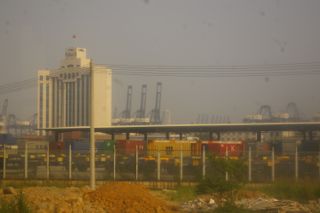 But anyway, I made myself scarce. A half hour later I found myself walking along the shore past a rusting Russian aircraft carrier, which was apparently the centrepiece of a bankrupt, cold war themed theme park named “Minsk World”. After a while of this, I departed for a different area of Shenzhen, and somehow managed to end the day drinking a weissbier served to me by a young Chinese woman wearing a dirndl, while sitting on the deck of a boat that had once been Charles de Gaulle’s private yacht.
However, it was a good day. It is only on very special occasions that life gets this weird.
When buying two old Soviet aircraft carriers from the Ukrainians, the Chinese claimed that their reason for doing this was to convert them into tourist attractions. Reputedly, the actual situation was that they hoped to learn as much about aircraft carriers from them as possible, and then refit them as actual aircraft carriers. Upon discovering that they were in fact large and immense floating pieces of rust that had actually not been very good aircraft carriers in the first place, in a possible attempt to save face, the Chinese did attempt to convert them into tourist attractions after all. Thus the two Soviet military theme parks, one in Shenzhen based around the Minsk and the other in Tianjin based around the Kiev.
 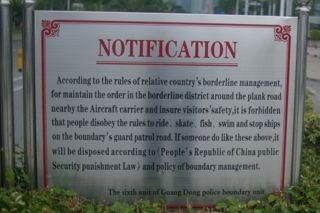
Both subsequently went bankrupt, a day out while looking at rusting remnants of the Soviet Union not apparently being a big attraction for the young Chinese. The Kiev carrier in Tianjin has apparently been subsequently converted into a hotel. The Minsk in Shenzhen continues to rust.). The Chinese in 1998 purchased the incomplete Admiral Kuznetsov class carrier the Varyag, which was at that point floating somewhere in the Ukrainian waters of the Black Sea. The carrier was officially bought by a Macau based tourist venture, with the pretext being that it would be converted into a casino. In this case, though, it remains in the hands of the Chinese military. After a (very) lengthy refit, it may one day enter into service in the Chinese navy.
All evidence is that the Chinese did in fact purchase Charles de Gaulle’s yacht with the intention of turning it into a floating Bavarian beer bar, however.
Bill Gates and Steve Jobs continue to have rather snarky arguments with one another, even though Steve Jobs (Z”L) has been dead for some time now.
A week and a half ago, I visited the Algarve and Atlantic Alentejo in Portugal. I left my rental car parked in Portimão for a few hours. I thought that the car was locked, but I cannot be one hundred percent certain of that. In any event, a few hours later, I returned to the car, unlocked it from a distance and got in the car. Shortly after this, I realised that a rucksack I had left in the car had been stolen. In it was my passport, a couple of lenses for my digital SLR, a pair of prescription spectacles, a (printed) copy of the latest Vernor Vinge novel, all my spare underwear, various printed travel information, and my Kindle. Things I did not lose included my wallet, my mobile phone, my camera, my favourite lens, and my iPad (all on my person), and my laptop, various cables and chargers, and all my other remaining clothes (in the boot of the car or in my hotel room).
This was highly annoying, and to have things stolen is always a personal violation, but one learns to be philosophical about things like this. If you travel as much as I do, things go wrong occasionally (as they do at home). Much worse would have been a car accident or (worst possible case) anything causing personal injury to me or anybody else. So, I made a visit to the police and the consulate, got replacement documents, and did my best to resume enjoying my trip. Nothing was lost that could not be replaced by spending some money. Annoying, but compared to the total amount of money I spend on rent, or food, or even on travel, a small inconvenience. (Getting to the stage where I can put such things behind me like this has taken some effort, and has not been quite as successful as I am pretending now.)
Places I have visited where I have had things stolen: Cannes; Prague; the Algarve. Places where people have attempted (unsuccessfully) to steal things from me: Buenos Aires; Prague (again); Belgrade.
Places I have visited without the slightest trouble: Moldova; Albania; Ukraine; Kosovo; Transnistria; Bulgaria; Romania; Laos; Vietnam; Kenya; Indonesia; China; Turkey; Mozambique; Most of these multiple times. In a couple of these places I have been overcharged by taxi drivers, but no direct theft has ever looked like happening.
What one learns from this is that tourism related crime goes where tourists go. Places that sound grim and dangerous are often quite safe (at least with respect to petty theft) when you get there. Places that are close and familiar can often be quite dangerous. Tourist resorts are much more of a problem than big cities. I was robbed on the Algarve, but I have never had the slightest problem in Lisbon or Porto. I was robbed in Cannes, but I have never had the slightest problem in Marseilles, even in neighbourhoods that physically look poor and dangerous. Take care in Malaga, but you are probably fine in Seville or Madrid.
One discovery is that rich and poor have nothing to do with it. I have been to places full of rich people in which one can barely walk out on the street without getting into trouble. I have been to extremely poor countries in the third world where one can walk down the road in the middle of the night with $2000 worth of expensive camera gear in plain sight without the slightest danger.
Of course, even when you are robbed, even in tourist resorts, good things sometimes happened. In Buenos Aires, I fell for one of the oldest tricks in the book: paint or some other liquid was thrown at me from behind. I had no idea what it came from, and someone then approached me to offer me aid. This is of course an opportunity for someone connected with whoever threw the paint to get close to you, offer you aid, and then steal your possessions when your guard is down. However much you know this and however experienced you are, it is still possible to fall for these tricks when you are tired and in unfamiliar surroundings.
In this instance, I fell for it completely. I was in one of the fancier parts of Recoleta, the most expensive district of Buenos Aires. Such a thing would never happen in Belgravia, which is perhaps why I was off my guard. However, I fell for it. I would shortly have had my bag stolen (which contained almost everything of value to me that I had with me in South America) except for the fact that a local couple saw what was going on from across the street, told the potential thieves to get lost, told me to be more careful, and went on their way. They were gone practically before I knew what was happening. I wish I had later been able to buy them a drink or otherwise thank them properly, but I had no such chance.
Last week, after I had my bag stolen in the Algarve, I got replacement documents from the consulate and came home.
Three days later, a comment apparently from me appeared on my Facebook account, consisting of “contact me please hi have your kindle pedroxxxxxxxx@hotmail.com”.
My Kindle is always connected to the internet. And the Kindle is synchronised with my Facebook account. Pedro presumably worked through the menus, figured this out, and then used this synchronisation to update my Facebook status. I sent an e-mail to Pedro at the given internet address. He sent me an e-mail the next day stating that his father had been walking his dog, and had found the Kindle in the middle of a road 16km from Portimão. He had given it to his son, presumably on the basis that the son had better tech skills and/or English language skills than he had. I sent Pedro my address, and he promised to post the Kindle to me as soon as possible.
I am struck by a couple of things here. Firstly, the kindness of strangers. There are a few people who will take advantage of you and steal from you, but a great deal more who will go out of their way to help you, even when they have no interest in doing so. I don’t actually believe in good karma, but one almost sometimes can. I am also struck by the fact that we are approaching the point where modern technology is almost a menace for the thief. A Kindle is locked to a particular Amazon account and is essentially useless to anyone without access to that account. It is easy to change the account from that account and so sell the Kindle legitimately, but not from the Kindle itself. (This becomes problematic if the manufacturer of the device wishes to use such a power to prevent the legitimate buyer from transferring that right to another subsequent user, but hopefully the market can deal with this.) More and more items that we own are connected to the internet, and more and more can be tracked remotely. Thieves apparently know this, which is presumably why the Kindle was thrown out a car window. (My camera lenses are lost, alas.)
There are privacy implications in this, but there are also good, keeping track of your property implications too. Individuals are often more helpful than large organisations. If you lose your phone, the mobile phone company will disable it to prevent the thief from being able to use it, but they care not at all whether the legitimate owner gets it back. Nor, generally, do the police. (A mobile phone that belongs to me was temporarily lost a year or so back. The mobile phone company immediately blacklisted it, the phone, even though I only asked them to cancel the SIM. The phone was subsequently returned to me, but I have still been unable to get them to unblock the phone despite multiple attempts. Thus I have a nice paperweight.)
However, if a kind individual finds it, they often do have the ability to return it to you. And very often they will. Three cheers for Pedro and his father.
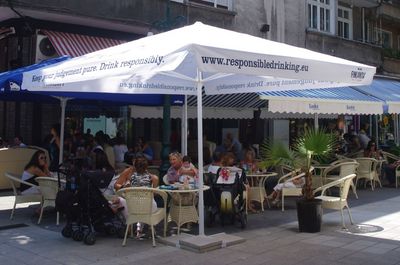
Bourgas, Bulgaria. Hmmm.. “As the relationship between alcohol and health is a complex one and drinking patterns can differ significantly between countries, our strong recommendation to you is to go to your national website where the information provided is relevant to your own national drinking context and in your own language”.
I think that translates as something like “The peoples of Europe are about as likely to agree on what responsible drinking actually consists of as they are to levitate spontaneously to Venus, or to save the euro”.
Do drinking contexts have to be national? (Of course not. In my experience, international drinking contexts are often the best). Can I have my own personal drinking context?
Nannying is universal, however. As is the fact that Flash websites suck.
George Orwell wrote of government power, “If you want a vision of the future, imagine a boot stamping on a human face—forever.” He may still be right, but there’s now a decent chance someone will be there with a cell-phone camera to post it on YouTube. And exposing abuse of power is half the battle.
– The magnificent Radley Balko, who does more for exposing abuse of power than just about anyone.
|
Who Are We? The Samizdata people are a bunch of sinister and heavily armed globalist illuminati who seek to infect the entire world with the values of personal liberty and several property. Amongst our many crimes is a sense of humour and the intermittent use of British spelling.
We are also a varied group made up of social individualists, classical liberals, whigs, libertarians, extropians, futurists, ‘Porcupines’, Karl Popper fetishists, recovering neo-conservatives, crazed Ayn Rand worshipers, over-caffeinated Virginia Postrel devotees, witty Frédéric Bastiat wannabes, cypherpunks, minarchists, kritarchists and wild-eyed anarcho-capitalists from Britain, North America, Australia and Europe.
|

